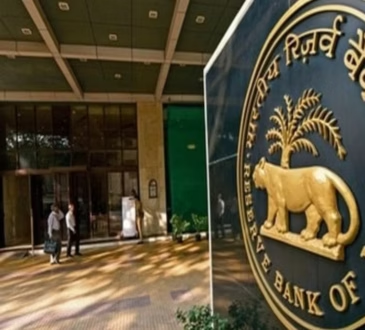
Strategic planning and strict budgeting will ensure that financial stress does not overshadow academic and personal growth.
| Photo Credit: Freepik
Every year, thousands of Indian students prepare to study abroad, only to find themselves stuck with the weakening rupee. In 2024, $1 was equal to ₹83. In February 2025, it was ₹86.95. Since such fluctuations can impact student budgets, what is required are smart strategies and financial awareness. Let’s look at some of the common mistakes students make and how to avoid them.
Overspending: A common mistake is not following a rigid budget. For example, by not understanding local standards. In India, purchases are made in kilograms and litres. In the U.S., ounces and gallons are used. Not understanding these changes can cause confusion and misjudgement while shopping. So, when you structure the budget, familiarise yourself with local measurements. Also carry a few ready-to-make meals for the initial days to save money.
Exchange rates: Many assume that the rupee will depreciate by 3% to 3.5% annually against foreign currencies. While this may be a historical trend, global economy shifts depend on the changes in the market trends. So, build in a buffer and plan conservatively to avoid sudden surprises.
Credit cards and loans: Overdependence on credit cards and loans can trap you in a cycle of debt when used for daily needs. Credit cards payments come with interest rates in built and loans are meant for big-ticket costs like tuition fees. Once you settle down, look for part-time jobs to cover living expenses.
Funding options: Many students overlook scholarships and third-party funding options that can significantly reduce their financial burden. Research and apply for scholarships well in advance.
Emergency funds: Medical emergencies, sudden travel requirements, or loss of a part-time job come without warning. Without an emergency fund, students may be forced to take out high-interest loans or make difficult compromises. Creating an emergency savings account ensures that you are prepared for the unexpected and can maintain financial stability during challenging times.
Managing currency fluctuations
Currencies fluctuate due to a range of factors, including global trade imbalances, shifts in interest rates, inflation levels, and geopolitical events. Here are some ways in which you can manage this problem.
Smart forex strategies: Locking in exchange rates at the start in the forex cards allows you to remain free of the market’s daily fluctuations. However, use this strategy by tracking the currency trend and locking in the amount when the rupee strengthens.
Using the right service: Compare services like Wise, Remitly, or bank wire transfers to get the best exchange rates and lower transfer fees when sending money from India.
Plan well: Research the current rates of groceries and travel while building a plan to ensure that you don’t overspend when you reach to study abroad.
Avoid debts: Plan how you will use your credit cards and make sure you don’t use them aggressively to avoid falling into a debt trap.
Strategic planning and strict budgeting will help you focus on what actually matters and ensure that financial stress does not overshadow academic and personal growth.
The writer is the CEO and co-founder of GyanDhan.
Published – July 06, 2025 08:30 am IST




